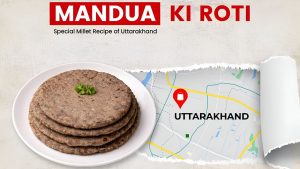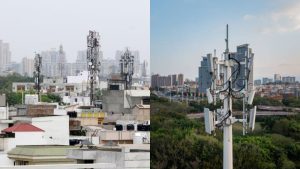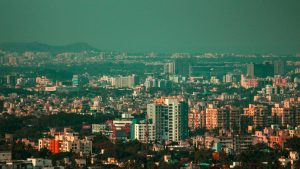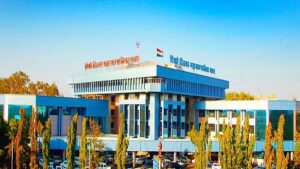Food Safety During Monsoon: FSSAI’s Must-Follow Safety Tips to Avoid Illness
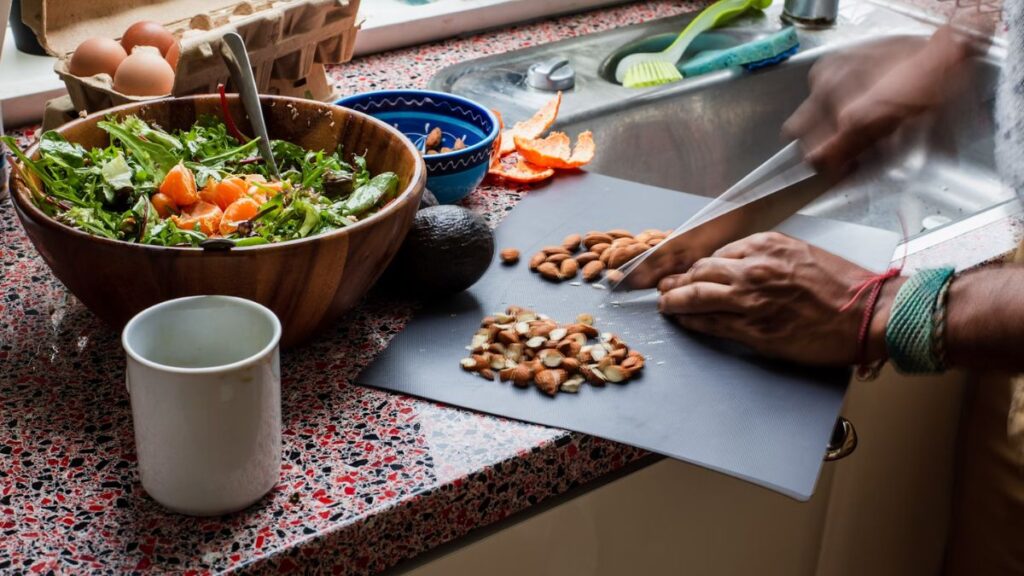
The monsoon season brings much-needed relief from the scorching heat, but it also ushers in a higher risk of foodborne illnesses. With humidity and moisture creating the perfect breeding ground for bacteria and germs, the Food Safety and Standards Authority of India (FSSAI) has issued essential food safety guidelines to help Pune residents enjoy the rains without compromising their health.
FSSAI’s Top Food Safety Tips for Monsoon
1. Wash Fruits & Vegetables Thoroughly
Before cooking or consuming, always rinse fruits and vegetables under clean, running water to remove dirt, pesticides, and harmful microbes. Soaking them in saltwater or vinegar solution for a few minutes can provide an extra layer of protection.
2. Cook & Reheat Food Properly
Undercooked or improperly reheated food can harbor dangerous bacteria. Ensure meals are cooked at high temperatures and reheated until steaming hot before serving. This kills pathogens that may have developed during storage.
3. Avoid Keeping Cooked Food at Room Temperature
Monsoon humidity accelerates spoilage. Never leave cooked food out for more than 2 hours—bacteria multiply rapidly in warm, moist conditions. If not consumed immediately, store it properly.
4. Refrigerate Leftovers Promptly
Perishable items and leftovers should be refrigerated below 5°C to slow bacterial growth. Use airtight containers to maintain freshness and prevent contamination.
Why Monsoon Demands Extra Food Caution?
The damp weather promotes fungal and bacterial growth, increasing risks of food poisoning, diarrhea, and stomach infections. By following FSSAI’s guidelines, Pune residents can safeguard their families and enjoy the rainy season worry-free.
Stay vigilant, practice these simple yet effective food safety measures, and keep monsoon feasts both delicious and safe!



